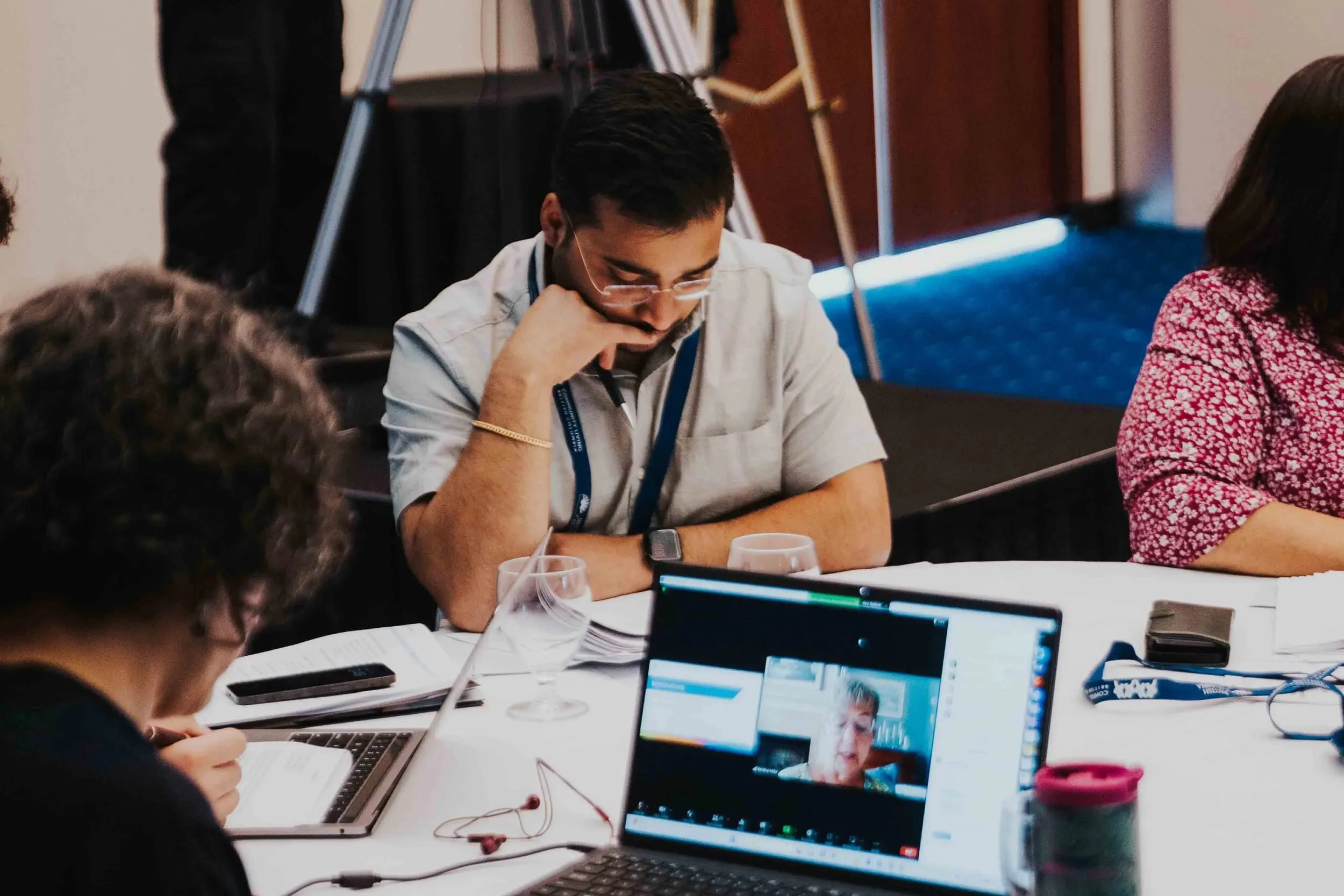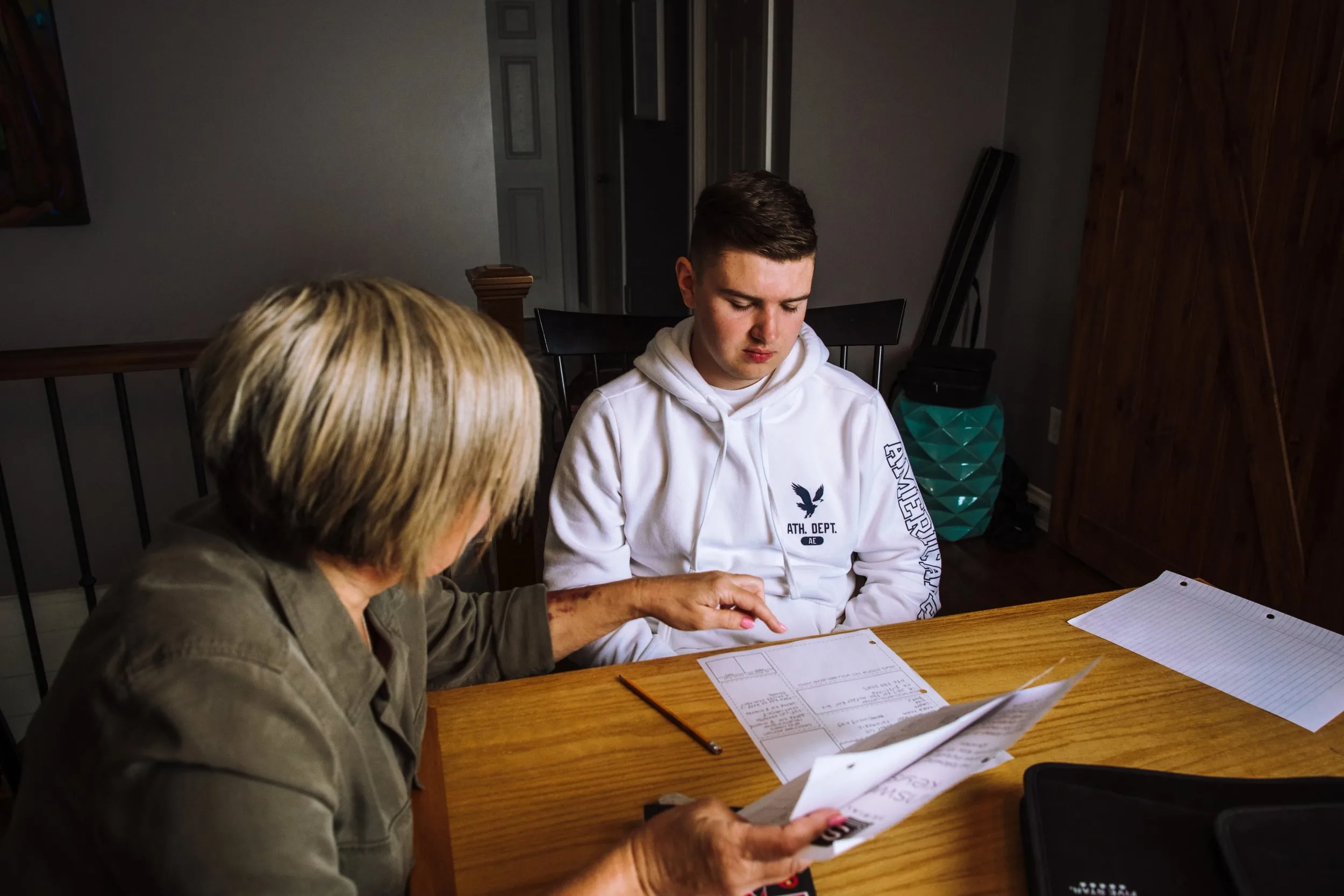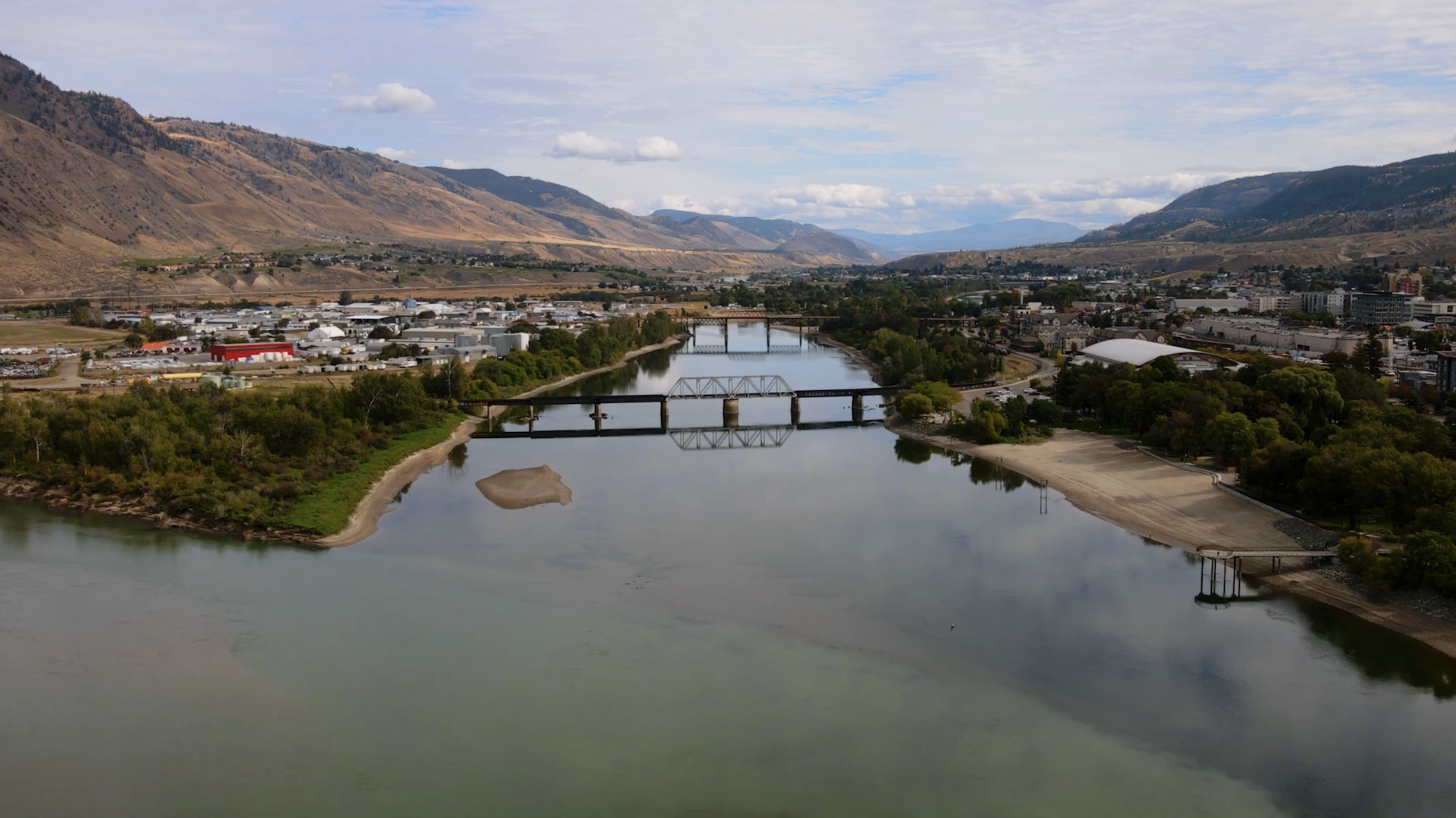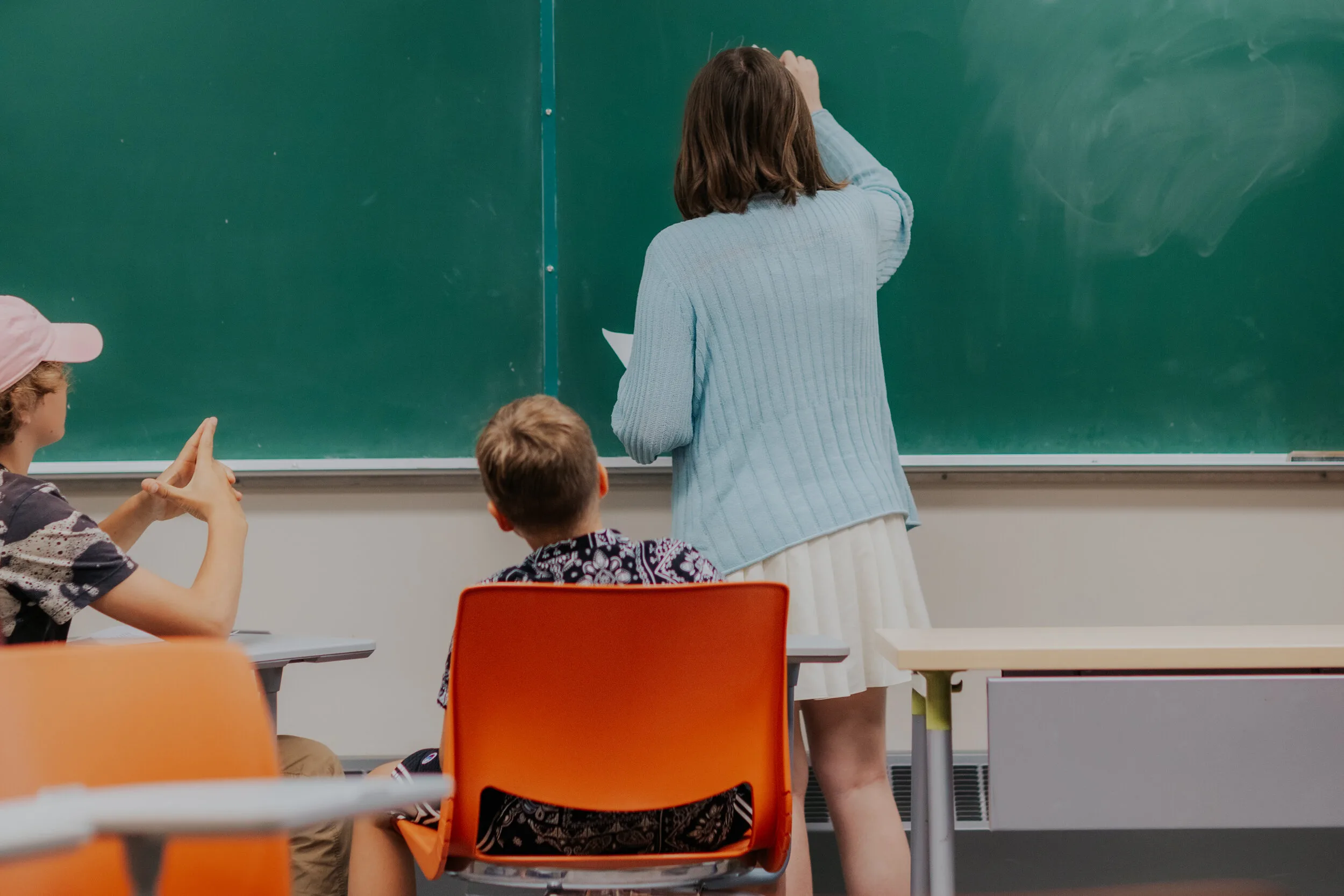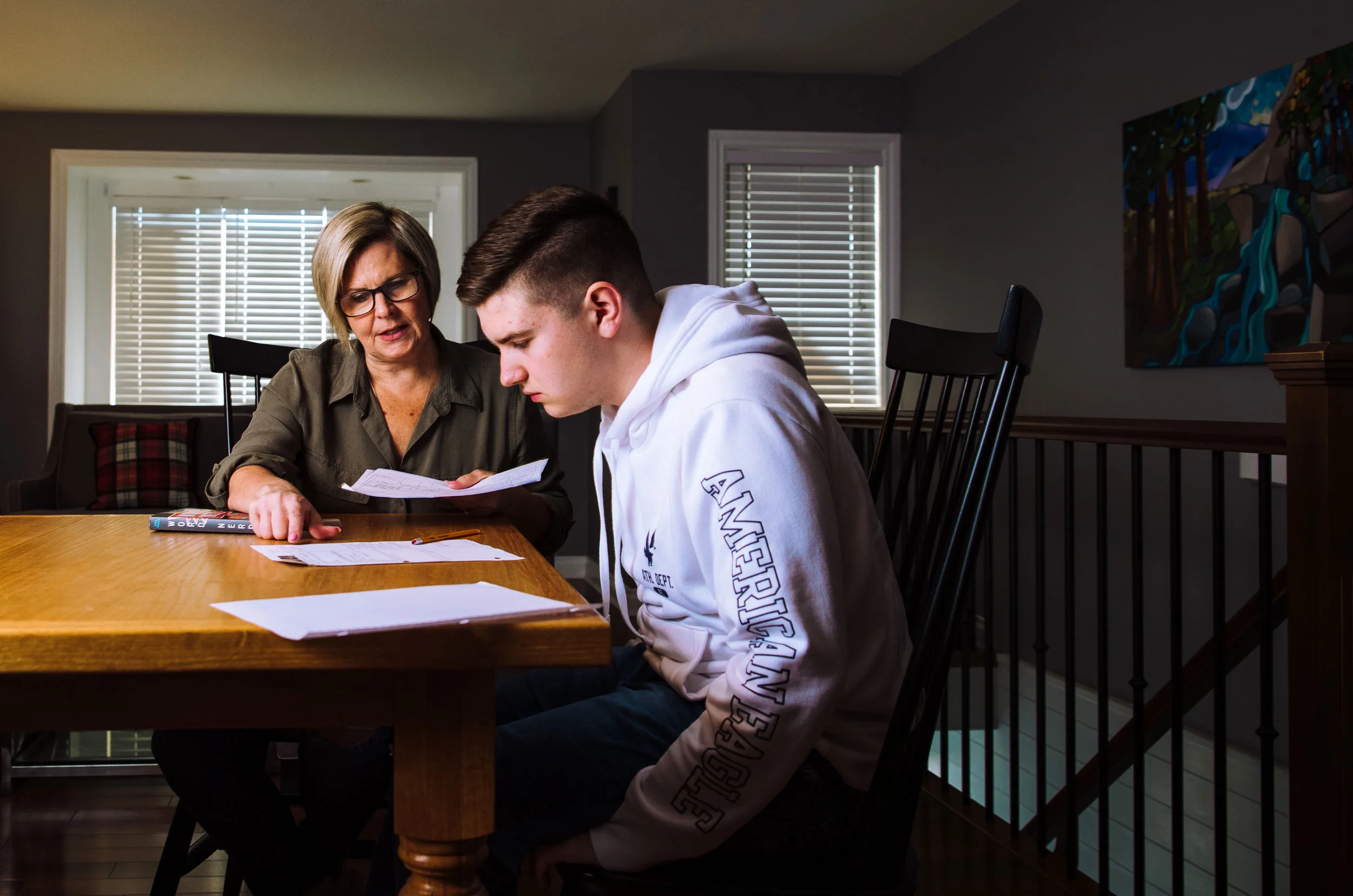Inclusion BC: Positioning For Change
In an effort to share our members’ insights to those with the power to make structural change, we are writing a series of position statements outlining Inclusion BC’s position on key issues experienced by the disability community.
We are releasing a collection of position statements, requesting meetings with ministers to discuss our calls to action.
Each of our position statements are grounded in the UN Convention on the Rights of Persons with Disabilities and informed by people with intellectual and developmental disabilities, their families, our member organizations, and our Board of Directors.
Access to Justice for People with Intellectual and Developmental Disabilities
Adopted January 2026
Access to Supports and Services for Children and Youth with Disabilities
Adopted September 2025
Access to Disability Supports and Services for Adults with Intellectual and Developmental Disabilities
Adopted June 2025
Income Security for Families Raising Children and Youth with Intellectual and Developmental Disabilities
Adopted March 2025
Access to Mental Health Care for People with Intellectual and Developmental Disabilities
Adopted January 2025
Access to Health Care and Coordination of Care for Children and Youth with Intellectual and Developmental Disabilities
Adopted November 2024
Income Security for Adults with Intellectual and Developmental Disabilities
Adopted October 2024
Access to Health and Coordinated Care For Adults with Intellectual and Developmental Disabilities
Adopted February 2024

